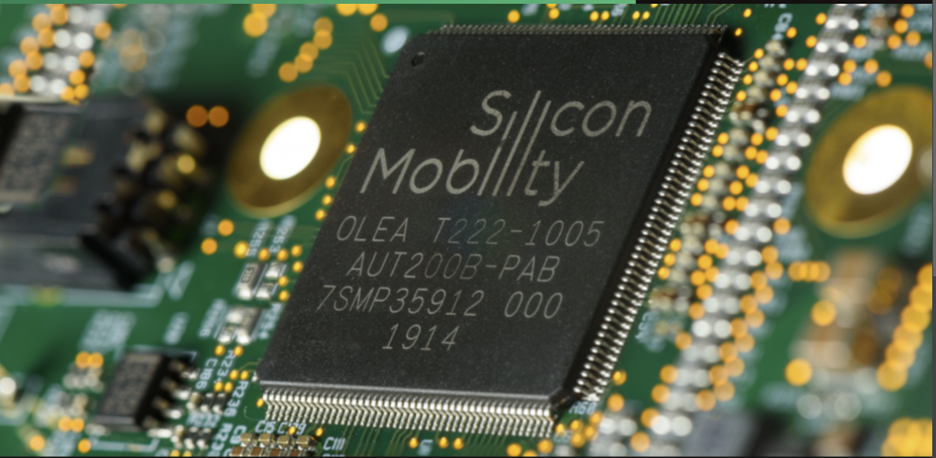Intel aims to integrate AI into the automotive sector, with plans to acquire Silicon Mobility, specializing in SoCs for intelligent EVs. The announcement coincides with the introduction of a new family of AI-enhanced software-defined vehicle (SDV) SoCs, with Zeekr being the first OEM to adopt them. Intel commits to an open UCIe-based chiplet platform and chairs a new committee defining international standards for EV power management. Geely’s Zeekr will utilize the new SDV SoCs, enabling scalable, upgraded services. Intel’s strategy responds to the growing shift to electric vehicles, emphasizing a scalable, software-defined, and sustainable future for the automotive industry.
Intel has unveiled an ambitious strategy to integrate its AI technologies into the automotive sector, with plans to acquire Silicon Mobility, a company specializing in SoCs for intelligent EVs’ energy management. The announcement includes the introduction of a new family of AI-enhanced software-defined vehicle (SDV) SoCs, with Zeekr, an OEM, being the first to adopt these chips for next-generation vehicles.
The impetus behind Intel’s venture into the automotive market is fueled by the increasing shift to electric vehicles and the growing demand for enhanced in-vehicle experiences. To support this strategy, Intel says it is committed to delivering the industry’s first open UCIe-based chiplet platform designed for SDVs. Working in collaboration with IMEC, Intel aims to ensure that the quality and reliability of packaging technologies meet the stringent requirements of the automotive industry. Additionally, Intel plans to chair a new international standards committee defining industry norms for EV power management.

Currently, Intel’s SoCs are already deployed in over 50 million vehicles, powering various functions like infotainment, displays, and digital instrument clusters. Looking ahead, Intel envisions an expanded AI-enhanced whole vehicle road map, propelling the industry toward a more scalable, software-defined, and sustainable future.
It was part of this strategic move that Intel decided to acquire Silicon Mobility SAS, which is a portfolio company of Cipio Partners and Capital-E, and a fabless automotive silicon and software company. Silicon Mobility specializes in designing, developing, and deploying SoCs for EV energy management, featuring industry-leading accelerators optimized for energy delivery.
The new family of AI-enhanced SDV SoCs addresses the industry’s need for power and performance scalability, incorporating AI acceleration capabilities from Intel’s AI PC road map. A demonstration at CES showed 12 advanced workloads, including generative AI, e-mirrors, high-definition videoconference calling, and PC games, running concurrently across multiple operating systems. This highlights the potential for automakers to consolidate legacy electronic control unit (ECU) architecture, enhancing efficiency, manageability, and scalability, while integrating custom solutions and AI applications.
Geely’s Zeekr brand is set to be the first OEM to employ Intel’s new family of SDV SoCs. The forward-compatibility of Intel systems, combined with AI acceleration, will enable Zeekr to continuously scale and upgrade services, meeting the evolving demands of customers for next-gen experiences such as generative AI-based voice assistants.
To expedite the transition to electric vehicles and facilitate a sustainable SDV ecosystem, Intel, in collaboration with SAE International, has established a committee (J3311) to develop an automotive standard for vehicle platform power management, with Intel taking the chairmanship of the committee.